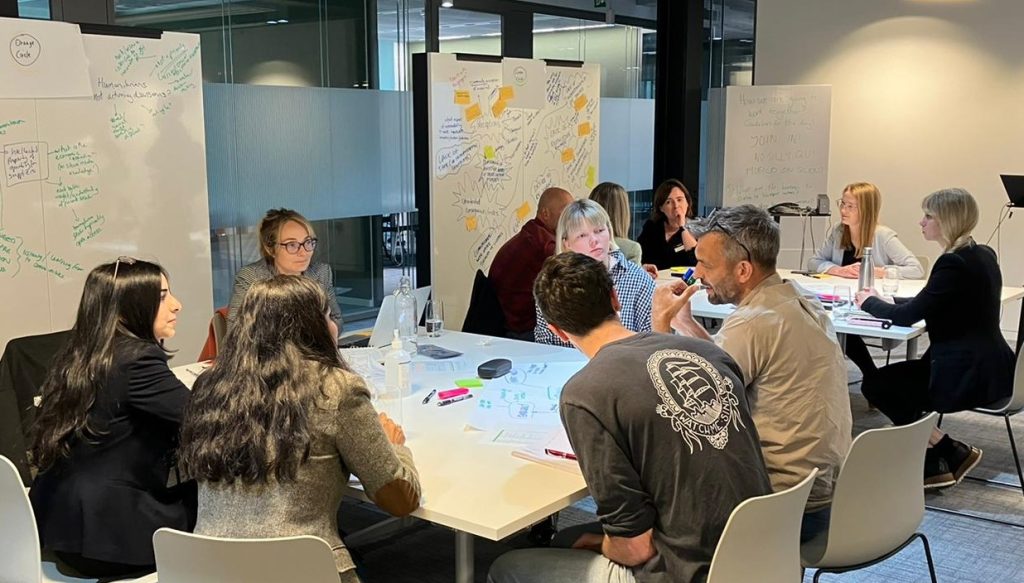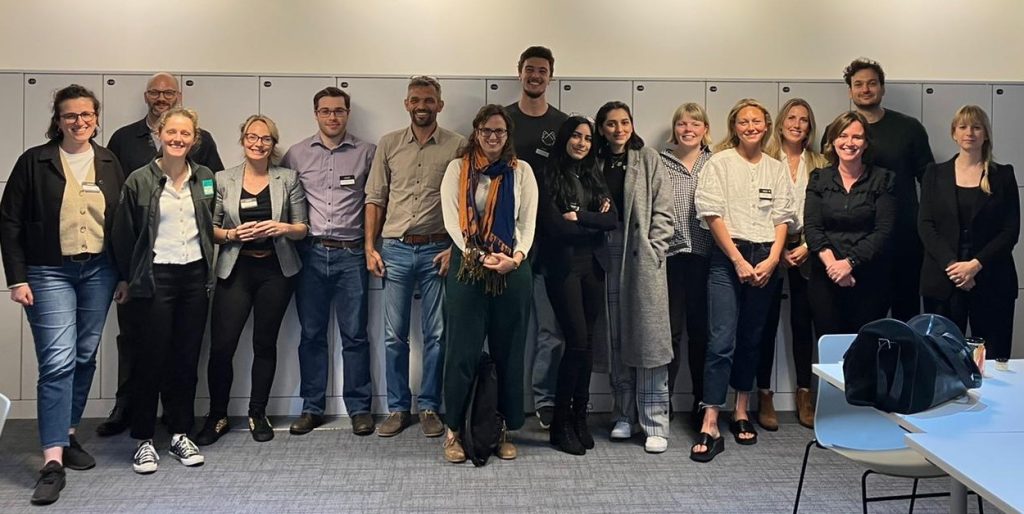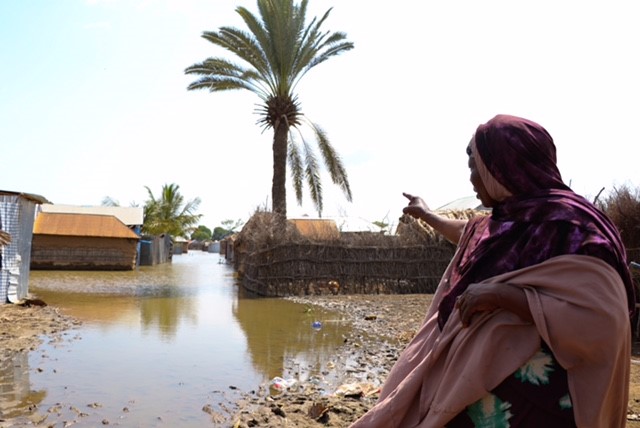On Thursday 12th May, Arup hosted a side event prior to the UK Shelter Forum on the 13th May on scaling up the use of low-impact materials in humanitarian shelter response. The day included several presentations showcasing a series of case studies on a variety of ‘low-impact’ materials in the shelter sector, and workshop sessions to discuss how to scale up the use of low-impact materials, and the key barriers in using these materials in these contexts and brainstorming how these barriers could be overcome. Videos of the case study presentations are available on the UK Shelter Forum YouTube Channel.

Throughout the course of the day, a series of recommendations were collated for practitioners and policy makers to support future scaling up of low impact materials. The team is currently exploring how we can improve the use of low impact materials in the shelter sector moving forward. To join the mailing list for updates click here.


